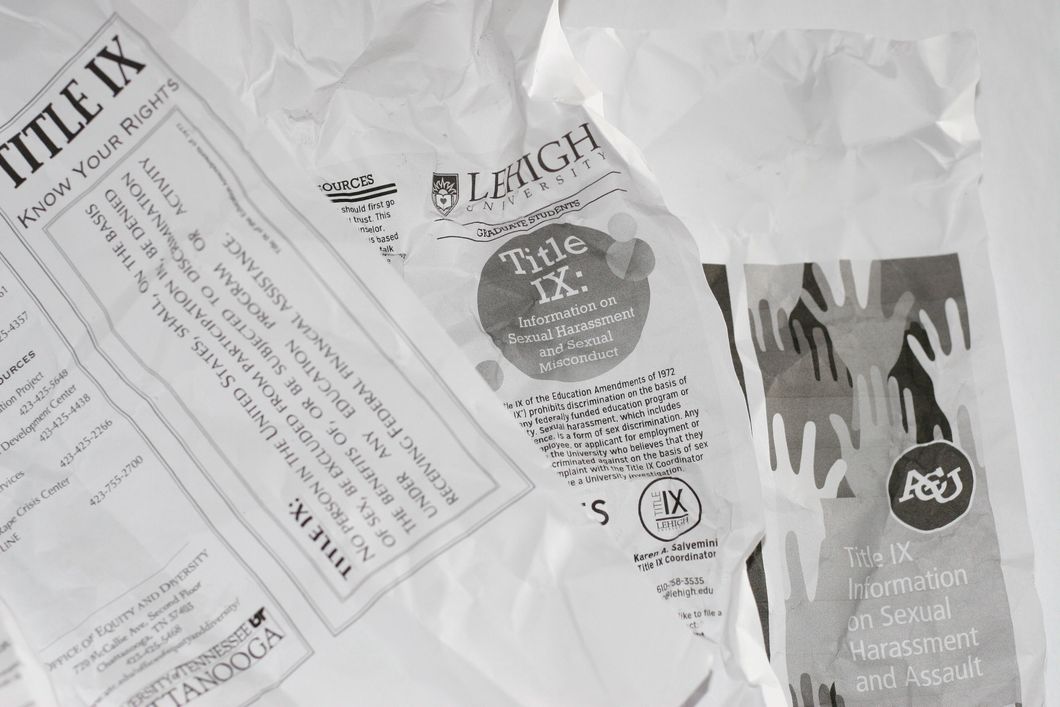When you give a girl a bad Title IX program, they'll give her false hope.
When you give her false hope, she'll see justice for herself.
When she sees justice for herself, she hopes for communication from the program.
When she hopes for communication, she becomes confused when she doesn't hear back for weeks.
When she doesn't hear back for weeks, she asks her investigator why it's taking so long.
When she questions her investigator, they don't give her a clear answer.
When she doesn't get a clear answer, she begins to doubt herself.
When she begins to doubt herself, she believes that this is her fault.
When she believes what happened to her is her fault, she's convinced that she must have asked for it.
When she's convinced she asked for it, the bad Title IX program will tell her she's right.
They'll tell her, "You didn't say no."
They'll tell her, "No one saw him pressure you."
They'll tell her, "There isn't any DNA to prove he did it."
They'll tell her, "He denied everything that happened."
They'll tell her, "You did consent. He said so."
They'll tell her that there is nothing left for them to do.
But,
When you give a girl a bad Title IX program, she'll become an advocate for those who suffered as she did.
When she becomes an advocate, she'll find that she is not alone with her story.
When she finds she's not alone, she'll realize there is something wrong with the program and with the assaulter, not with her.
When she realizes she's not at fault, she becomes empowered.
And when she becomes empowered,
There is nothing in the world that can hold her back.
Title IX can't compete with that.



















